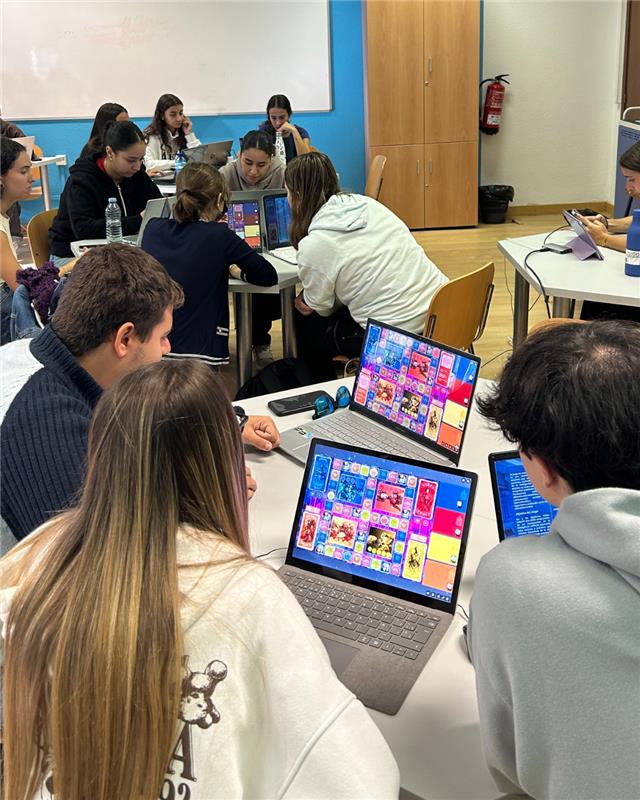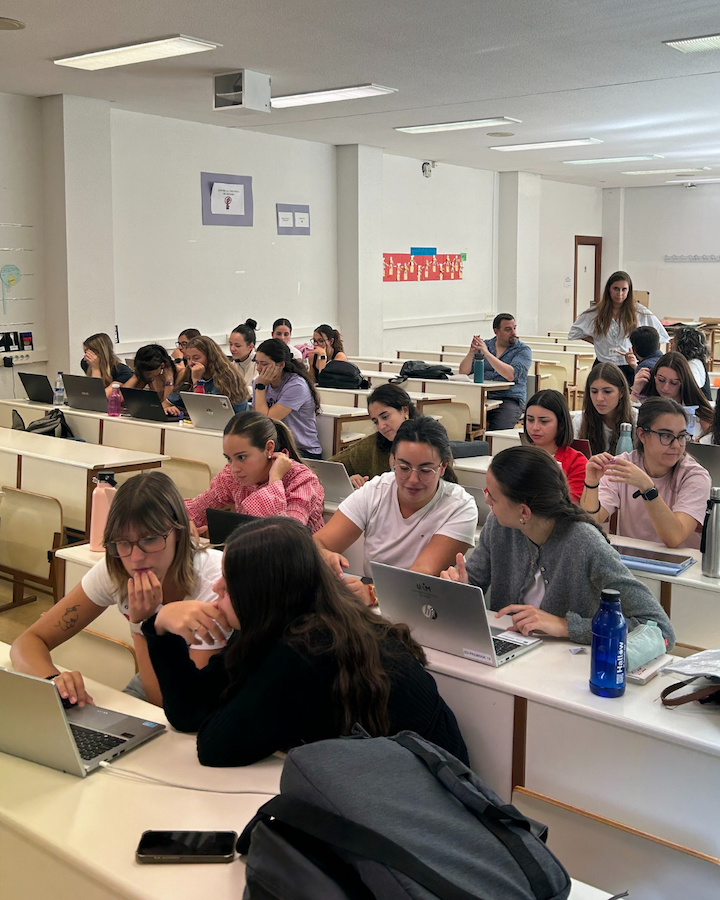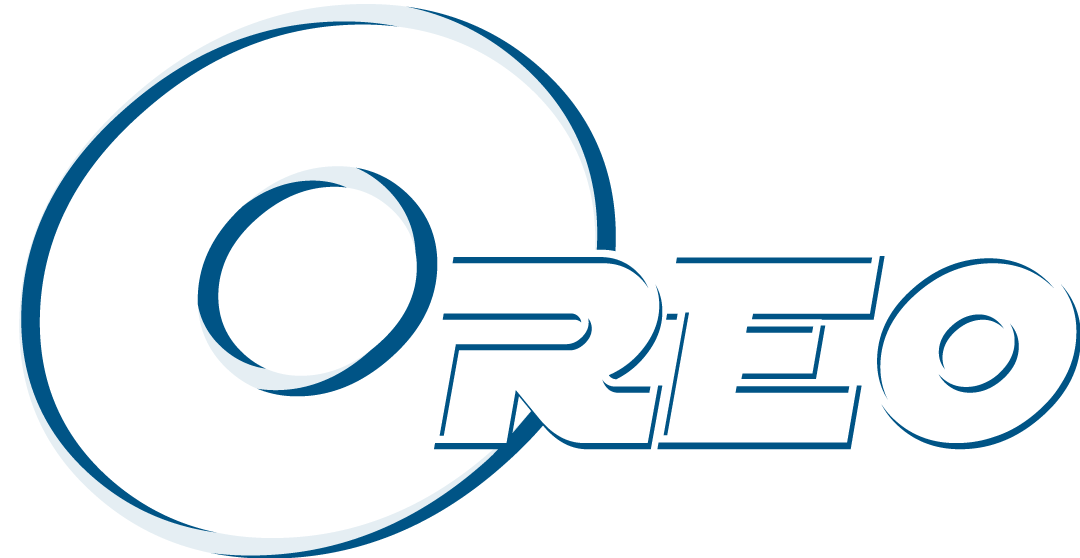As part of Work Package 2 (OREO Curriculum) and Work Package 3 (OREO Platform), Fundación Siglo22 led the pilot phase in Spain in close collaboration with the Autonomous University of Madrid (UAM). The main objective of this phase was to evaluate the effectiveness and usability of the OREO teaching materials and learning activities designed to promote ethical and responsible AI education.
During the pilot, university professors and researchers implemented the OREO Curriculum with students from different academic backgrounds, testing both the offline teaching units and the OREO board game, which serves as a creative tool to explore AI ethics, rights, and social implications through collaborative learning.
The pilot activities allowed participants to reflect critically on the ethical dimensions of Artificial Intelligence while engaging with interactive and game-based learning resources. The feedback gathered from students and educators provided valuable insights into how OREO materials can be integrated into higher education contexts and adapted to different learning environments.
The results of the Spanish pilot contributed directly to the OREO Validation Report, supporting the finalization of the curriculum and ensuring that all materials are pedagogically sound, inclusive, and aligned with the project’s mission to foster AI awareness across Europe.

On October 9th, Fundación Siglo22 conducted the pilot testing of the OREO Community Learning Hub at the Autonomous University of Madrid (UAM) as part of Work Package 3 of the project. This pilot represented a key step in validating the digital platform that brings together all educational materials, activities, and resources developed throughout OREO.
The OREO platform was designed to provide educators and students with an open and accessible space to learn about Artificial Intelligence through ethical, critical, and inclusive perspectives. During the pilot session, students and university staff explored the structure of the platform, navigated through its different modules, and tested the online learning activities. The aim was to evaluate both its usability and its educational effectiveness in higher education environments.
Participants highlighted the platform’s intuitive design and the clarity of its learning pathways, which make it easy to integrate into university teaching. Their feedback focused on how the digital experience facilitates reflection on key AI-related issues such as ethics, rights, social implications, and responsible innovation.
For Fundación Siglo22, the pilot at UAM provided valuable insights to refine the final version of the OREO Community Learning Hub, ensuring that it meets high standards of quality, accessibility, and pedagogical relevance.
The results of this session contributed directly to the Validation Report of Work Package 3, confirming that the OREO platform is ready for public use and sustainable beyond the project’s lifetime. It now stands as a central outcome of OREO, supporting the European higher education community in promoting responsible and human-centered approaches to Artificial Intelligence.


